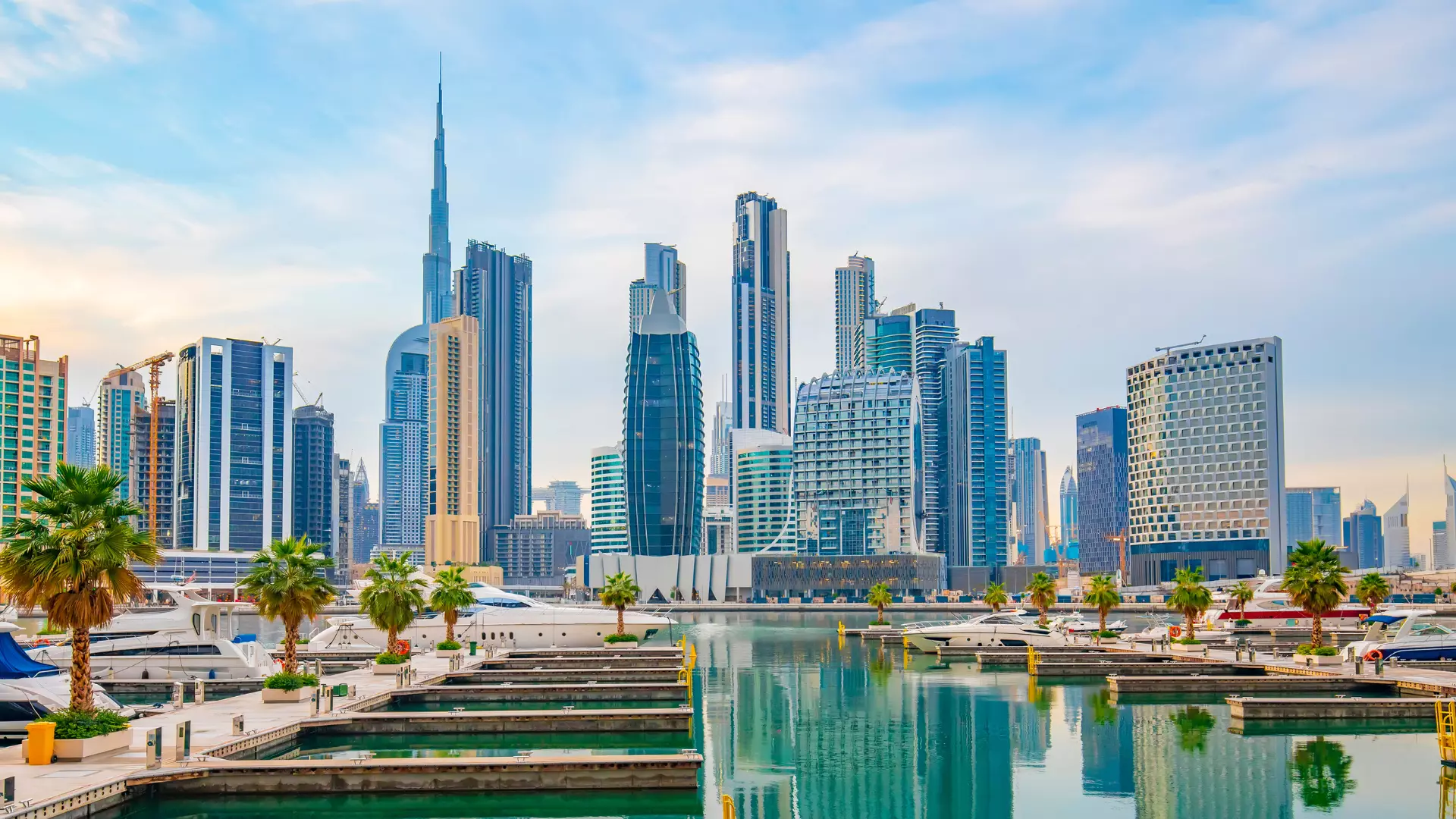Understanding economic growth in developing nations is crucial for global stability and prosperity. It’s not just about increasing a country’s Gross Domestic Product (GDP); it’s about improving the lives of its citizens, reducing poverty, and creating a more equitable society. However, achieving sustainable economic growth in these regions is a complex undertaking, fraught with challenges and requiring tailored solutions.
Key Takeaways:
- Economic growth in developing nations hinges on factors like investment in infrastructure, education, and healthcare.
- Overcoming challenges such as political instability, corruption, and lack of access to capital is crucial for sustained progress.
- Sustainable development, focusing on environmental protection and social equity, is paramount for long-term economic growth.
- International cooperation and strategic partnerships play a vital role in supporting developing nations’ economic growth ambitions.
Analyzing the Drivers of Economic Growth in Developing Nations
Several factors act as catalysts for economic growth in developing nations. Firstly, investment in physical infrastructure, such as roads, ports, and energy grids, is paramount. Improved infrastructure facilitates trade, reduces transportation costs, and attracts foreign direct investment (FDI). Consider countries in Southeast Asia that have seen significant gb increases in GDP due to strategic investments in their infrastructure.
Secondly, human capital development, through education and healthcare, is equally important. A skilled and healthy workforce is more productive and innovative, driving technological advancement and economic diversification. Nations that prioritize education and healthcare tend to experience higher rates of economic growth.
Thirdly, sound economic policies, including fiscal responsibility, stable monetary policy, and a favorable regulatory environment, are essential for attracting investment and promoting entrepreneurship. These policies create a predictable and transparent environment that encourages businesses to thrive.
Finally, access to international markets and participation in global trade are vital for economic growth. Export diversification, coupled with strategic trade agreements, allows developing nations to benefit from economies of scale and access new technologies.
Examining the Challenges to Economic Growth in Developing Nations
Despite the potential for growth, developing nations often face significant hurdles. Political instability, corruption, and weak governance are major impediments. These factors create uncertainty, deter investment, and undermine the rule of law. Addressing these issues requires strengthening institutions, promoting transparency, and fostering good governance.
Another significant challenge is limited access to capital. Many developing nations struggle to attract sufficient investment, both domestic and foreign, to finance their development needs. This can be due to factors such as high levels of debt, perceived risks, and inadequate financial infrastructure.
Furthermore, dependence on primary commodities can make developing nations vulnerable to price fluctuations in global markets. Diversifying their economies and developing value-added industries is crucial for reducing this vulnerability and promoting sustainable economic growth. Climate change also poses a significant threat, particularly to agriculture-dependent economies, necessitating investments in climate resilience and adaptation.
Strategies for Promoting Sustainable Economic Growth in Developing Nations
Achieving sustainable economic growth requires a multifaceted approach. Investing in education and skills development is critical for building a competitive workforce and promoting innovation. Governments should prioritize quality education and vocational training programs that align with the needs of the labor market.
Promoting inclusive growth is also essential. This means ensuring that the benefits of economic growth are shared by all segments of society, including women, marginalized communities, and rural populations. This can be achieved through policies that promote equal opportunity, access to finance, and social protection.
Strengthening governance and combating corruption are fundamental for creating a stable and predictable environment for investment. This requires strengthening institutions, promoting transparency, and holding public officials accountable.
Finally, fostering regional cooperation and integration can provide developing nations with access to larger markets, increased investment, and shared resources. Regional trade agreements and infrastructure projects can play a key role in promoting economic growth and development.
The Role of International Cooperation in Supporting Economic Growth
International cooperation plays a crucial role in supporting economic growth in developing nations. Developed countries can provide financial assistance, technical expertise, and access to markets to help developing nations achieve their development goals.
Foreign aid, when effectively targeted and managed, can play a significant role in financing infrastructure projects, improving healthcare and education, and promoting sustainable development. However, it is important to ensure that aid is aligned with the priorities of the recipient country and that it is delivered in a transparent and accountable manner.
International organizations, such as the World Bank and the International Monetary Fund (IMF), also play a vital role in providing financial and technical assistance to developing nations. These organizations can help developing nations implement sound economic policies, manage their debt, and promote sustainable economic growth. Furthermore, these organizations can help developing nations improve their gb by investing in social and human capital,














